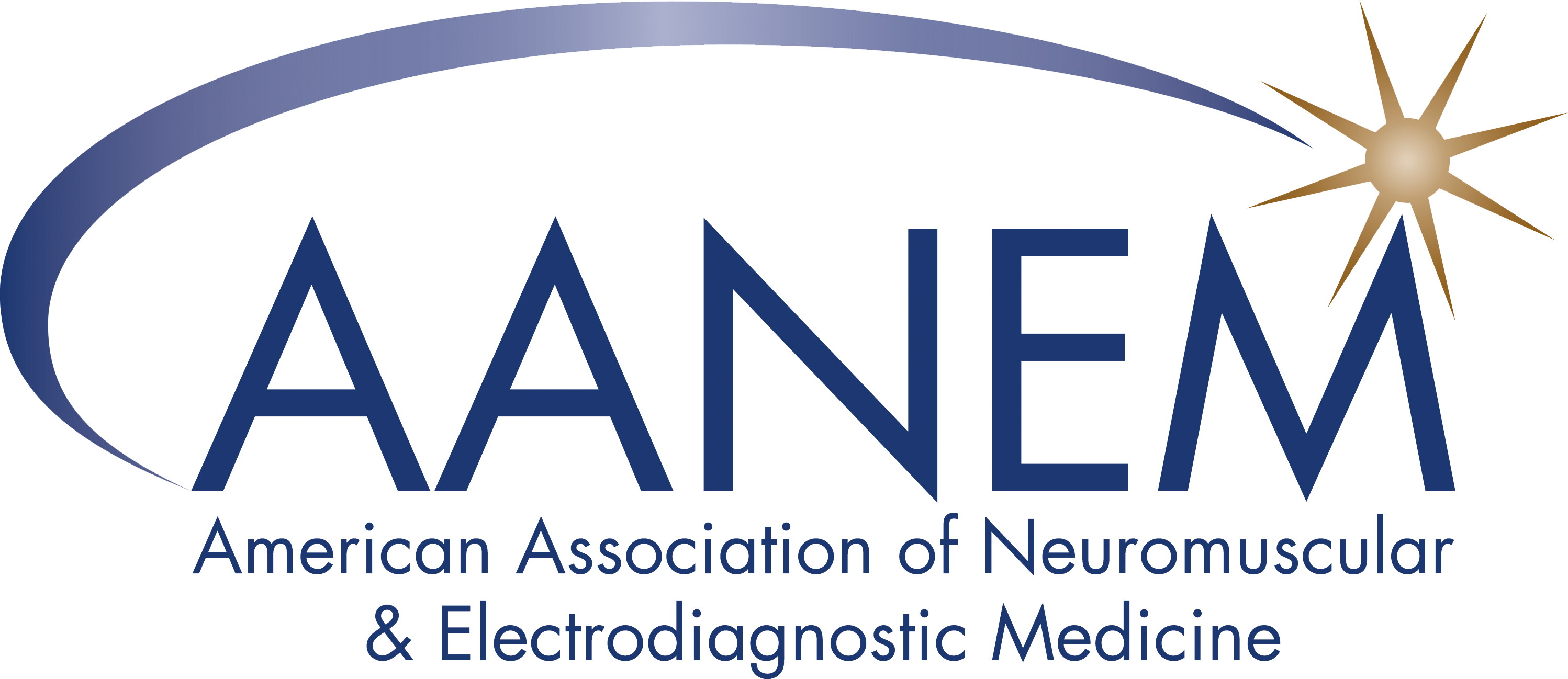Kennedy's Disease
What is Kennedy's Disease?
Kennedy’s disease, or bulbospinal muscular atrophy (BSMA), is an untreatable motor disorder characterized by slowly progressive weakness and atrophy (muscle wasting) affecting the facial and limb muscles as well as the muscles involved in swallowing. Though Kennedy’s disease is the most common adult-onset form of spinal muscular atrophy (SMA), the disease is rare, occurring in 1 in 50,000 in the general population. Affected individuals typically begin to manifest symptoms in their late 20s or 30s, with early symptom including muscle discomfort, fatigue, and noncancerous increase in the size of male breast tissue (gynecomastia), followed by gradual progression to weakness in the legs greater than in the arms as well as weakness with muscles involved in speaking and swallowing.
What causes Kennedy's Disease?
Kennedy’s disease is caused by a defective gene. Specifically, an expansion of a trinucleotide repeat in the androgen receptor gene on the X chromosome causes Kennedy’s disease. This results in the death of lower motor neurons resulting in weakness, as well as dysfunction of the androgen receptor causing androgen insensitivity including noncancerous increase in the size of male breast tissue (gynecomastia) and reduced fertility
Who gets Kennedy's Disease?
Kennedy’s disease is an X-linked recessive disorder; as such, men (XY) with the gene are affected though women (XX). Women carrying only one copy of the gene rarely have the symptoms.
How is Kennedy's Disease diagnosed?
Other misdiagnoses prior to Kennedy's Disease being diagnosed include: Guillain-Barre, Myasthenia Gravis, and Multiple Sclerosis, Spinal Muscular Atrophy, Glycogen Storage Disease, Guillain-Barre, Myasthenia Gravis, and Multiple Sclerosis.
Will my children get the disease?
If the father is the only carrier of the defective gene
the chance of a male child getting the disease is 0%, however, a female child will carry the gene 100% of the time
If the mother is the only carrier of the defective gene
both male and female children have a 50% chance of having the gene. The male child will develop symptoms in adulthood while the female child will be a carrier of the gene, but probably not develop actual symptoms. You should consult with a genetic counselor to get more information.
More Information
Kennedy's Disease Association
National Organization for Rare Disease
Help Fund Research
The foundation funds important research and helps support education through awards and fellowship funding. Donate today and 100% of your donation will be used to support these initiatives.
Find Support
AANEM's membership and accredited laboratory directories can help patients find qualified professionals for diagnosis and treatment.
Find a Doctor Find an Accredited Lab